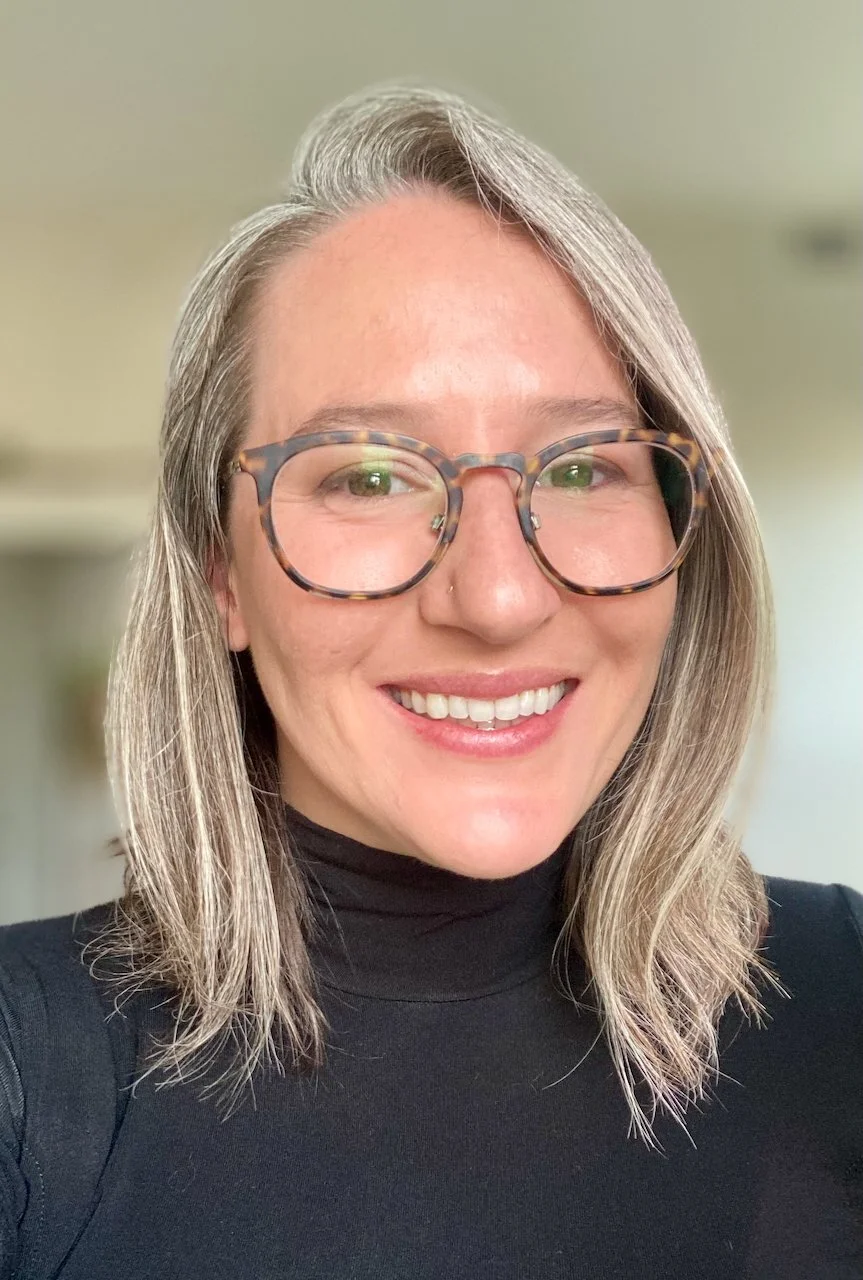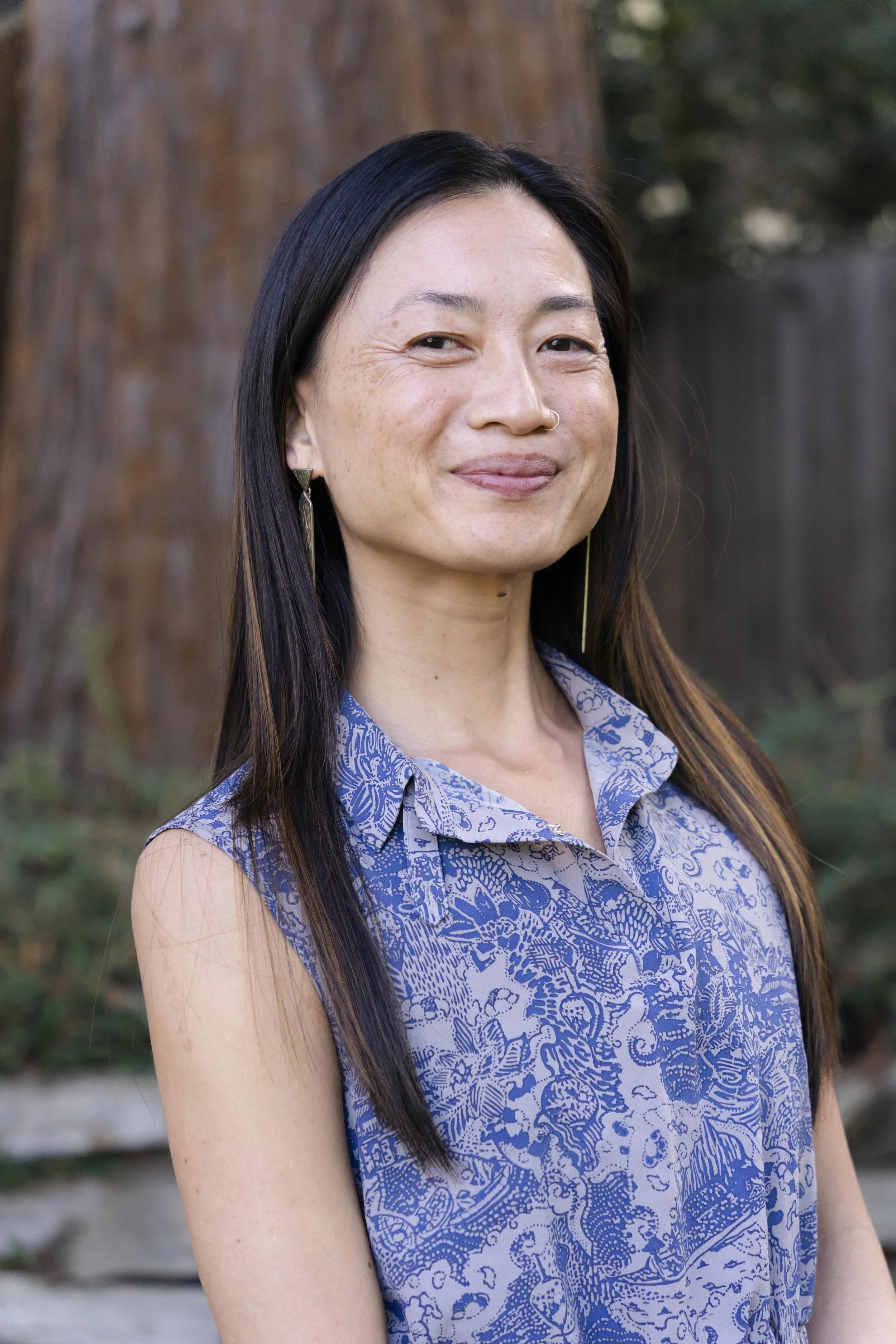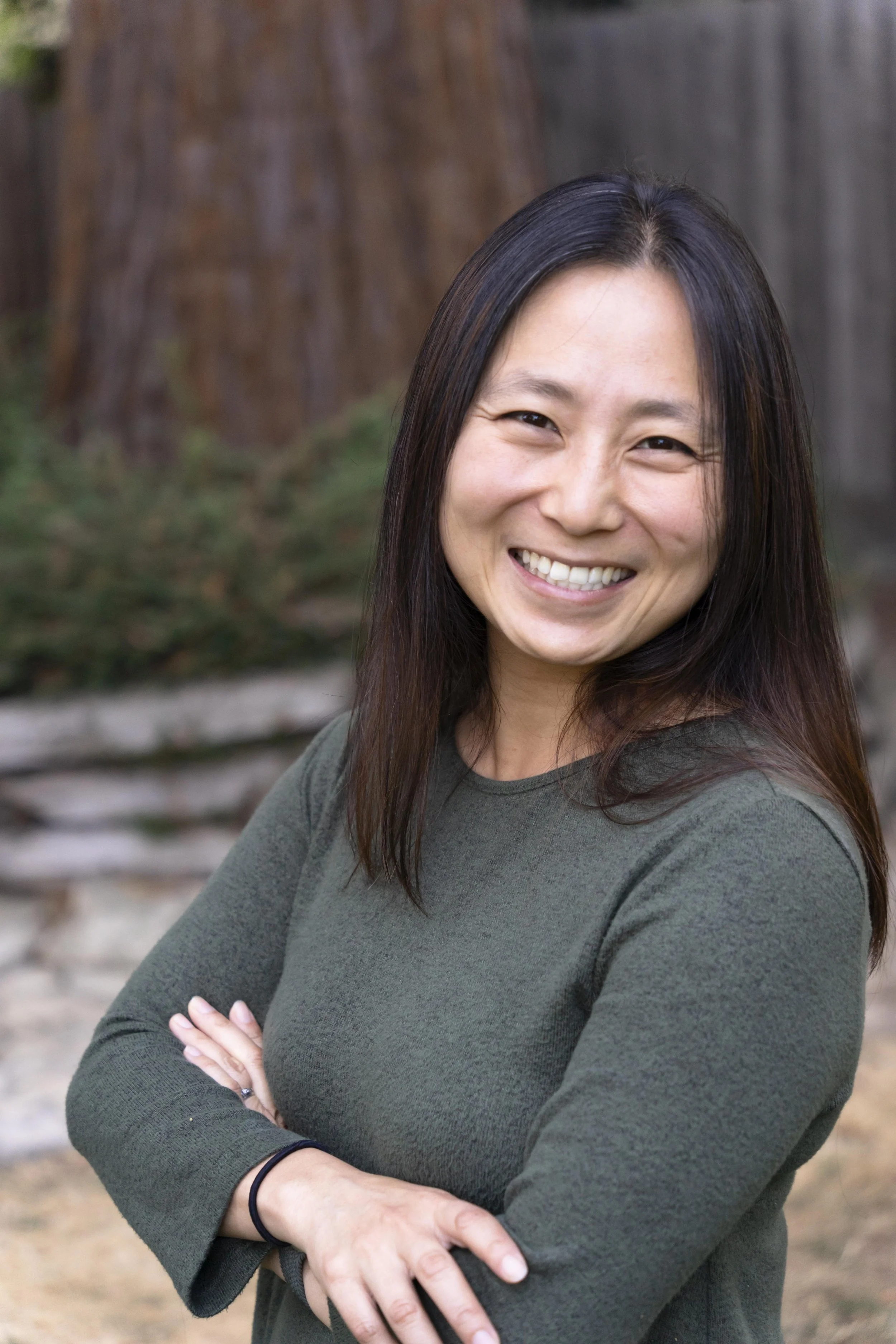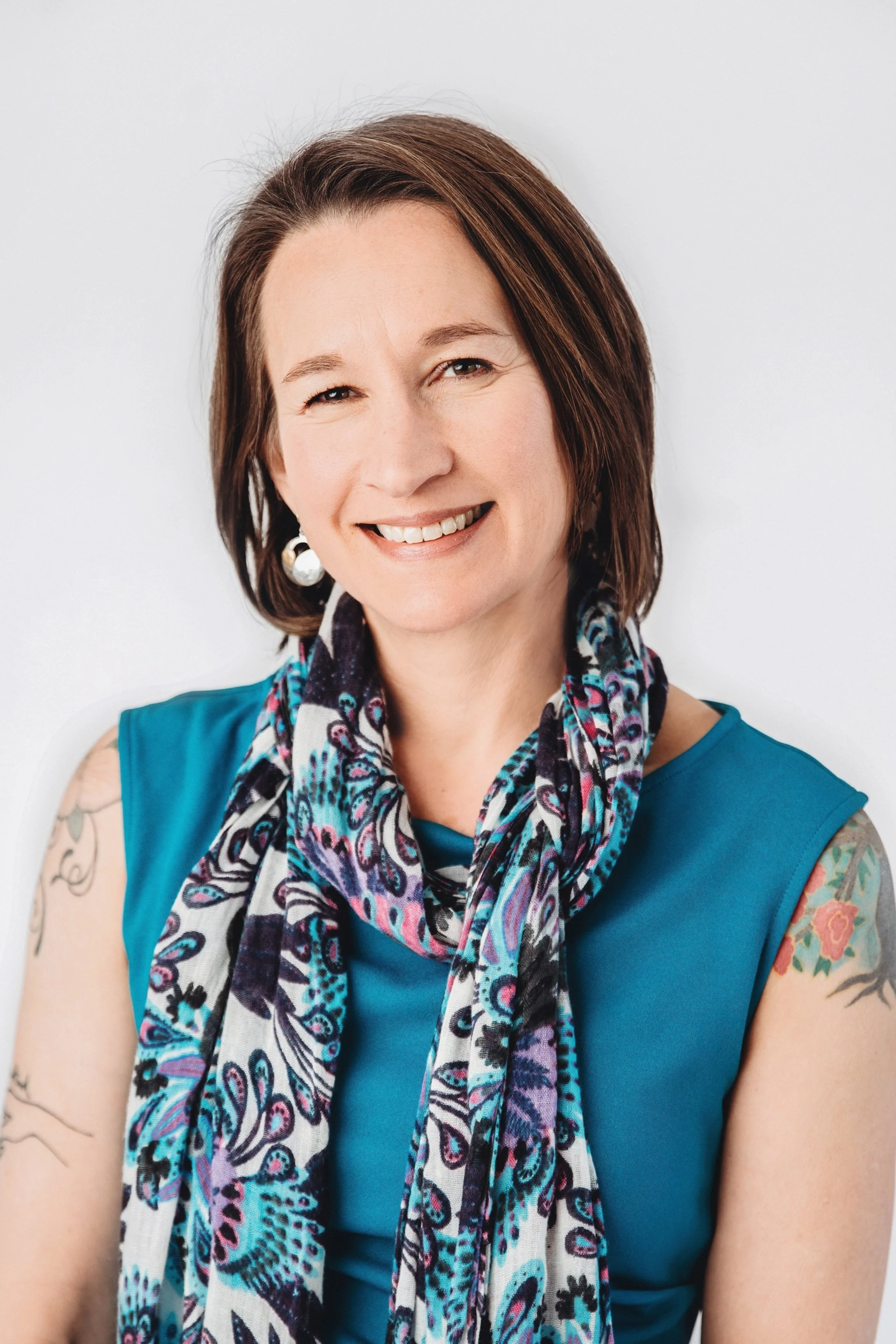Common Spark recognizes that the energy system itself is unjust,
that current processes have not and do not produce policy that support community priorities, and that the impacts of the energy system and policies disproportionately harm and burden low-income and BIPOC communities. This means that in our work, we hold our partners to a standard of recognition of energy injustice and a commitment to learning and acting to reverse inequities.
We use our energy expertise to elevate marginalized perspectives in policymaking, to pursue questions historically overlooked, and to translate insight from stakeholders into creative and equitable solutions for advancing a clean energy future.
Meet the Sparklers
Meet our Advisors
-

Maria Stamas
Find her playing music with friends!
Climate Justice Attorney & Policy Strategist -

Carmelita Miller
Find her tending her bountiful garden of plants!
“Godmother” of Common Spark







